Susan Hall - Parenting a Struggling Reader: A Guide to Diagnosing and Finding Help for Your Childs Reading Difficulties
Here you can read online Susan Hall - Parenting a Struggling Reader: A Guide to Diagnosing and Finding Help for Your Childs Reading Difficulties full text of the book (entire story) in english for free. Download pdf and epub, get meaning, cover and reviews about this ebook. year: 2008, publisher: Harmony/Rodale, genre: Children. Description of the work, (preface) as well as reviews are available. Best literature library LitArk.com created for fans of good reading and offers a wide selection of genres:
Romance novel
Science fiction
Adventure
Detective
Science
History
Home and family
Prose
Art
Politics
Computer
Non-fiction
Religion
Business
Children
Humor
Choose a favorite category and find really read worthwhile books. Enjoy immersion in the world of imagination, feel the emotions of the characters or learn something new for yourself, make an fascinating discovery.

- Book:Parenting a Struggling Reader: A Guide to Diagnosing and Finding Help for Your Childs Reading Difficulties
- Author:
- Publisher:Harmony/Rodale
- Genre:
- Year:2008
- Rating:3 / 5
- Favourites:Add to favourites
- Your mark:
Parenting a Struggling Reader: A Guide to Diagnosing and Finding Help for Your Childs Reading Difficulties: summary, description and annotation
We offer to read an annotation, description, summary or preface (depends on what the author of the book "Parenting a Struggling Reader: A Guide to Diagnosing and Finding Help for Your Childs Reading Difficulties" wrote himself). If you haven't found the necessary information about the book — write in the comments, we will try to find it.
According to the National Institute of Health, ten million of our nations children (approximately 17 percent) have trouble learning to read. While headlines warn about the nations reading crisis, Susan Hall (whose son was diagnosed with dyslexia) and Louisa Moats have become crusaders for action. The result of their years of research and personal experience, Parenting a Struggling Reader provides a revolutionary road map for any parent facing this challenging problem.
Acknowledging that parents often lose valuable years by waiting for their school systems to test for a childs reading disability, Hall and Moats offer a detailed, realistic program for getting parents actively involved in their childrens reading lives. With a four-step plan for identifying and resolving deficiencies, as well as advice for those whose kids received weak instruction during the crucial early years, this is a landmark publication that promises unprecedented hope for the next generation of Information Age citizens.
Susan Hall: author's other books
Who wrote Parenting a Struggling Reader: A Guide to Diagnosing and Finding Help for Your Childs Reading Difficulties? Find out the surname, the name of the author of the book and a list of all author's works by series.

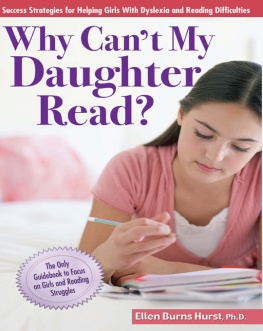
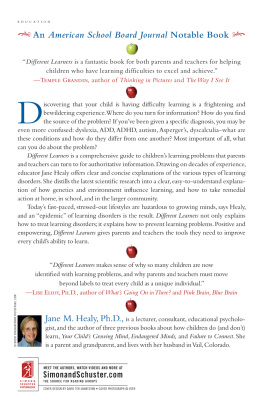

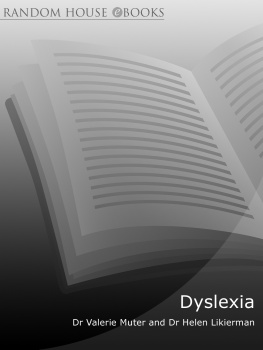
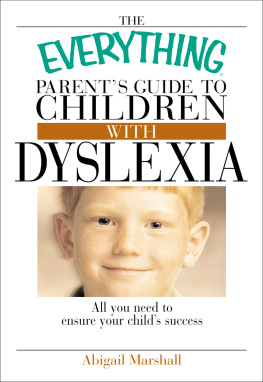
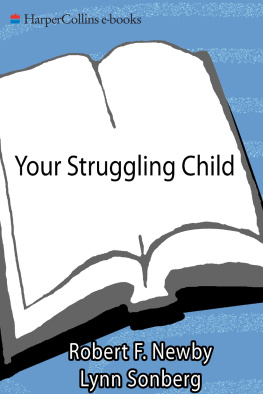

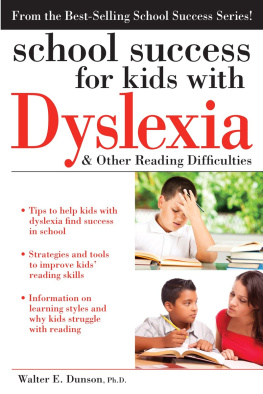
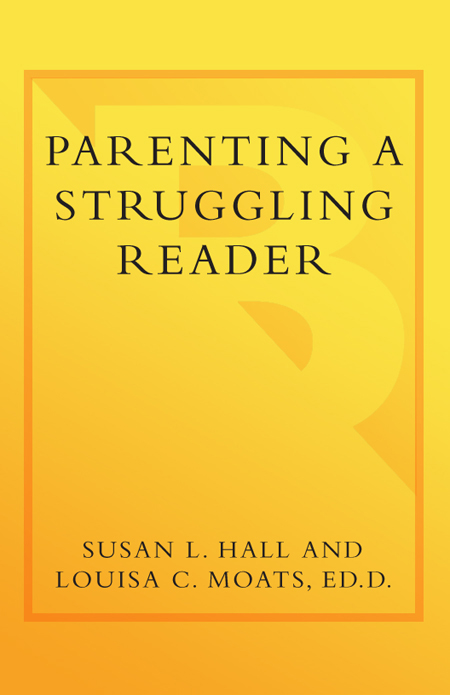
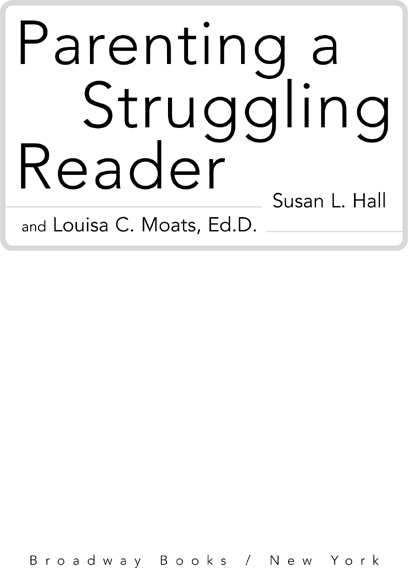
 I know firsthand the range of emotions a parent of a struggling reader can feel, because my child had trouble learning to read when he was in first grade. I share my story because it offers hope and encouragement to parents. Everything started out well for our son. His preschool teachers gave us nothing but positive feedback at each conference, as did his kindergarten teacher. His development, including speech development, was on track at each checkup with the pediatrician.
I know firsthand the range of emotions a parent of a struggling reader can feel, because my child had trouble learning to read when he was in first grade. I share my story because it offers hope and encouragement to parents. Everything started out well for our son. His preschool teachers gave us nothing but positive feedback at each conference, as did his kindergarten teacher. His development, including speech development, was on track at each checkup with the pediatrician.